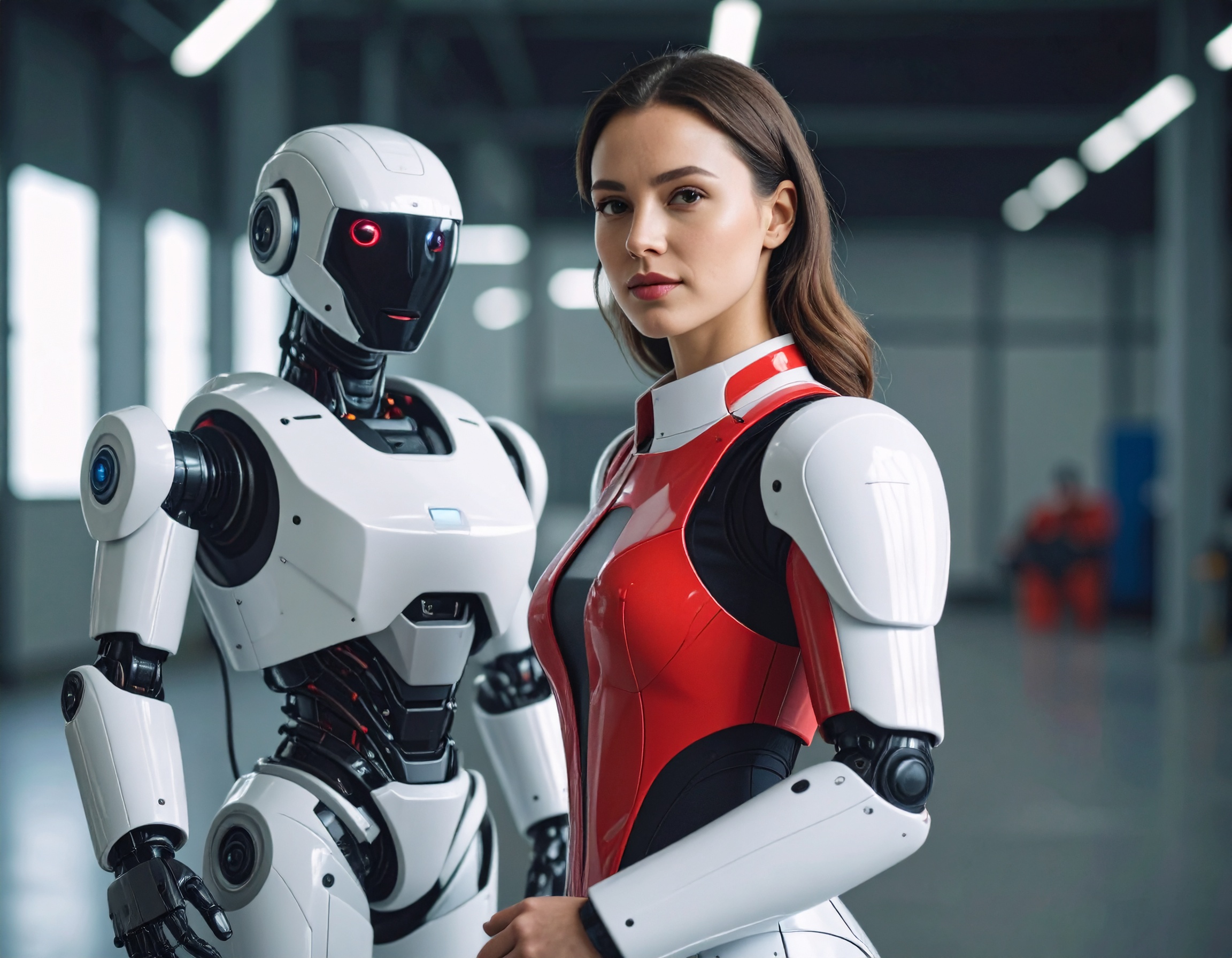The Harmony of Humans and Robots: Kernel’s Recipe for Success

In a revolutionary twist to traditional restaurant operations, Kernel, a concept launched earlier this year by Chipotle's founder Steve Ells, is redefining the relationship between humans and robots in the culinary world. The groundbreaking concept, showcased at the National Restaurant Show on May 19, 2024, brings automation to the forefront while maintaining humans as indispensable components, emphasizing the importance of collaboration for efficiency and quality.
At the heart of Kernel's innovation lies its integration of intelligent agents alongside non-human workers. Unlike fully automated restaurants advocated by some, Kernel's approach emphasizes the synergy between humans and automated systems, believing this fusion to be the true magic. With as few as three workers, Kernel operates efficiently, leveraging robotic assistance for tasks like food preparation and assembly while ensuring humans retain decision-making roles.
One of Kernel's remarkable achievements is its remarkably low turnover rate, defying industry norms where high turnover is commonplace. This feat is attributed to Kernel's inclusive approach, where team members actively participate in the concept's development and evolution. Through daily huddles and collaborative problem-solving sessions, workers contribute ideas for improvements, such as adjusting workstations for ergonomic comfort. This involvement fosters a sense of ownership and pride among employees, resulting in a virtuous cycle of enhanced product quality and employee satisfaction.
Furthermore, Kernel's success highlights the tangible benefits of reduced turnover, allowing management to allocate more resources towards quality production rather than constant hiring and training efforts. By prioritizing the well-being and engagement of its workforce, Kernel not only achieves operational excellence but also sets a precedent for the future of human-robot collaboration in the food industry. As the concept continues to grow and evolve, it serves as a beacon of innovation, demonstrating that harmony between humans and digital employees is not only achievable but also essential for culinary excellence in the modern age.
Key Highlights:
- Kernel Concept: Kernel, a restaurant concept initiated by Chipotle's founder Steve Ells, aims to revolutionize traditional restaurant operations by integrating automation with human labor.
- Human-Robot Collaboration: Kernel emphasizes the importance of collaboration between humans and robots, rejecting the notion of fully automated restaurants in favor of a hybrid model that leverages the strengths of both.
- Efficiency with Minimal Staff: With as few as three workers, Kernel operates efficiently, utilizing robotic assistance for tasks like food preparation and assembly, while humans retain decision-making roles.
- Low Turnover Rate: Despite industry norms of high turnover, Kernel boasts an exceptionally low turnover rate, attributed to its inclusive approach that involves team members in the concept's development and problem-solving processes.
- Employee Engagement: Regular huddles and collaborative problem-solving sessions foster a sense of ownership among employees, leading to improved product quality and overall employee satisfaction.
- Operational Benefits: Reduced turnover allows Kernel to allocate more resources towards quality production rather than constant hiring and training efforts, resulting in operational excellence and enhanced customer experiences.
- Future Implications: Kernel's success sets a precedent for the future of human-robot collaboration in the food industry, demonstrating that harmony between humans and digital employees is essential for culinary excellence in the modern age.
Reference:
https://www.restaurantbusinessonline.com/operations/how-humans-robots-get-along-steve-ells-kernel


